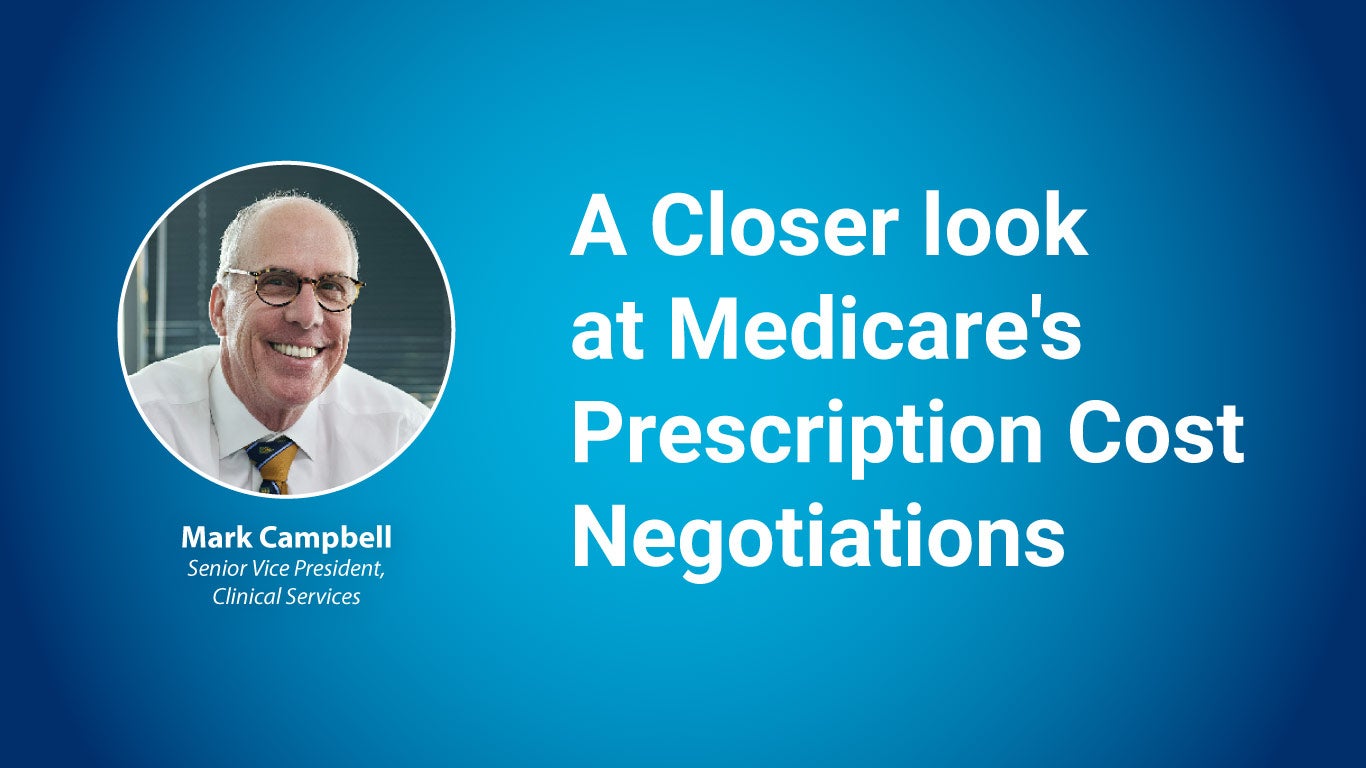Medicare’s negotiation of prescription drug prices holds the promise of expanded access for Medicare patients, but not without a catch. A lesser-known provision of the Inflation Reduction Act, which gives Medicare the authority to negotiate pricing with the manufacturers, stipulates that all Medicare Part D plans must cover each selected drug once new prices take effect in 2026. However, this positive stride toward accessibility may come with heightened payer utilization management efforts aimed at cost containment.

According to a recent analysis by Kaiser Family Foundation (KFF), a non-profit foundation focused on major health care issues in the U.S., not all Medicare Part D beneficiaries currently have coverage for the 10 drugs selected for price negotiations starting in 2024. For example, a significant percentage of beneficiaries don’t have coverage for vital medications such as Fiasp/Novolog (for diabetes) and Stelara, (for psoriasis). Roughly 40% don’t have coverage for Fiasp/Novolog, while 34% don’t have coverage for Stelara.
KFF also found most Part D beneficiaries face utilization management restrictions on these selected drugs. “Utilization, regardless of rebates or net cost, is important,” said Mark Campbell, Pharm.D., Senior Vice President of Clinical Solutions at RxBenefits. “We need to ensure that people are on the right drug, having the intended effect.”
A paper in the New England Journal of Medicine, “Catalyst Innovations in Care Delivery,” suggests that once the newly negotiated prices for some medications go into effect beginning 2026, payers might increase reliance on prior authorization and step therapy to steer patients toward lower-cost alternatives. The challenge lies in balancing the need for cost-effective solutions with patient access and the intended therapeutic outcomes.
For deeper insights into the evolving landscape of Medicare’s drug price negotiations and its impact on patient care, read the full article on Formulary Watch or Managed Healthcare Executive.




